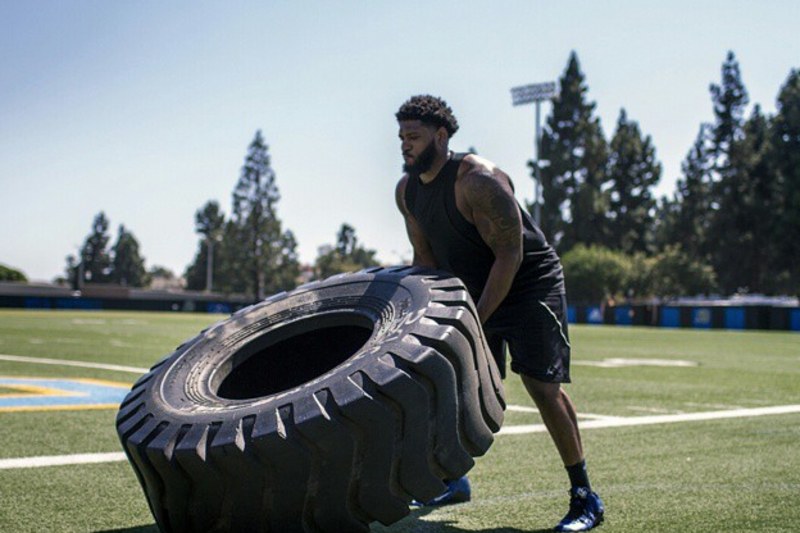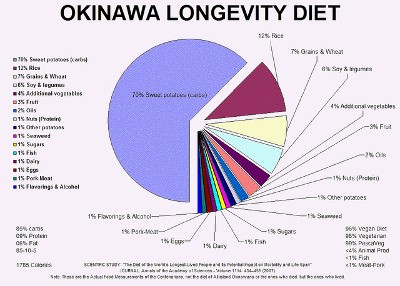Although the benefits associated with a vegan lifestyle are actually obvious ranging from ethical reasons, environmental impact and health issues, these reasons nevertheless seem sometimes to need “a special event” that make them all count: A personal experience that makes them suddenly relevant and grave. As a matter of fact, that’s what had happened to George Monbiot. Learning about a dairy farm and its impact on a stretch beside the River Culm in Devon, renowned for its wildlife and beauty, might be considered a key moment or crucial experience in his life that made George Monbiot finally convert to veganism. Read on to learn more about his experience!
“The world can cope with 7 or even 10 billion people. But only if we stop eating meat. Livestock farming is the most potent means by which we amplify our presence on the planet. It is the amount of land an animal-based diet needs that makes it so destructive.
An analysis by the farmer and scholar Simon Fairlie suggests that Britain could easily feed itself within its own borders. But while a diet containing a moderate amount of meat, dairy and eggs would require the use of 11m hectares of land (4m of which would be arable), a vegan diet would demand a total of just 3m. Not only do humans need no pasture, but we use grains and pulses more efficiently when we eat them ourselves, rather than feed them to cows and chickens.
This would enable 15m hectares of the land now used for farming in Britain to be set aside for nature. Alternatively, on a vegan planet, Britain could feed 200 million people. Extending this thought experiment to the rest of the world, it’s not hard to see how gently we could tread if we stopped keeping animals. Rainforests, savannahs, wetlands, magnificent wildlife can live alongside us, but not alongside our current diet.
Because we have failed to understand this in terms of space, we believe we can solve the ethical problems caused by eating animals by switching from indoor production to free-range meat and eggs. Nothing could be further from the truth. Free-range farming is kinder to livestock but crueller to the rest of the living world.
When people criticise farming, they usually preface it with the word intensive. But extensive farming, almost by definition, does greater harm to the planet: more land is needed to rear the same amount of food. Keeping cattle or sheep on ranches, whether in the Amazon, the US, Australia or the hills of Britain, is even more of a planet-busting indulgence than beef feed-lots and hog cities, cruel and hideous as these are.
Over several years, as I became more aware of these inconvenient truths, I gradually dropped farmed meat from my diet. But I still consumed milk and eggs. I knew the dire environmental impacts of the crops (such as maize and soya) that dairy cows and chickens are fed. I knew about the waste, the climate change, theair pollution. But greed got the better of me. Cheese, yoghurt, butter, eggs – I loved them all.
Then something happened that broke down the wall of denial. Last September I arranged to spend a day beside the River Culm in Devon, renowned for its wildlife and beauty. However, the stretch I intended to explore had been reduced to a stinking ditch, almost lifeless except for some sewage fungus. I traced the pollution back to a dairy farm. A local man told me the disaster had been developing for months. But his efforts to persuade the Environment Agency (the government regulator) to take action had been fruitless.
I published the photos I had taken in the Guardian, and they caused a stir. Yet the Environment Agency still refused to take action. Its excuses were so preposterous that I realised this was more than simple incompetence. After publishing another article about this farce, I was contacted separately by two staff members at the agency. They told me they had been instructed to disregard all incidents of this kind. The cause, they believed, was political pressure from the government.”
Read the full artice at theguardian.com!








Tan cierto! !!
My 1 moment was a positive diagnosis if Hemochromatois. At that point, I truely realized that what I choose to put into my mouth can Kill me.